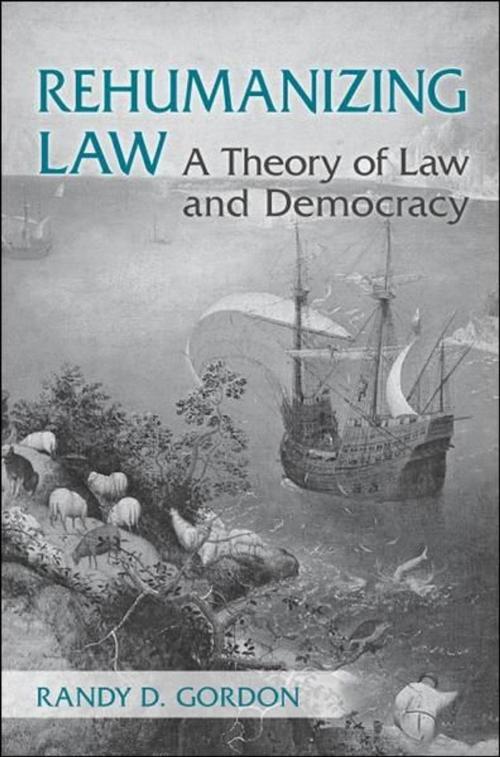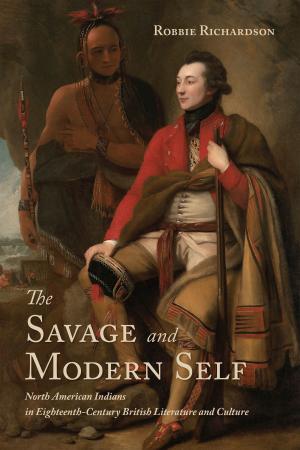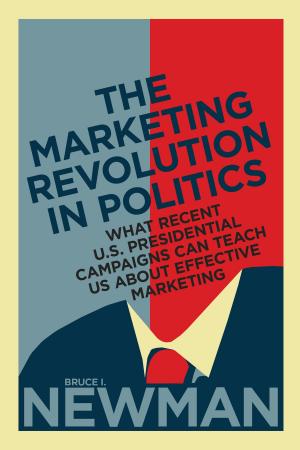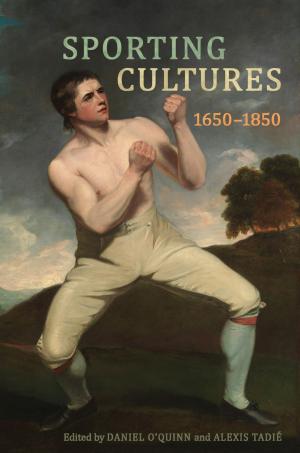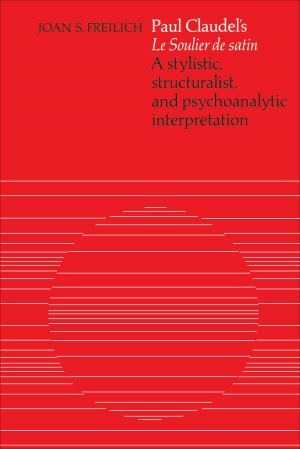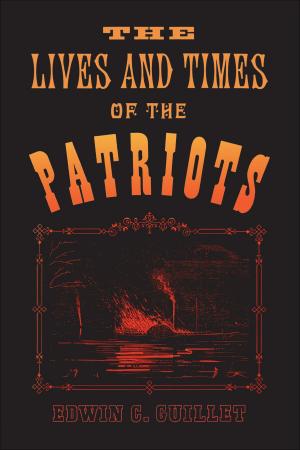Rehumanizing Law
A Theory of Law and Democracy
Nonfiction, Reference & Language, Law, Legal Writing, Legal History, Fiction & Literature, Literary Theory & Criticism, American| Author: | Randy Gordon | ISBN: | 9781442661646 |
| Publisher: | University of Toronto Press, Scholarly Publishing Division | Publication: | April 15, 2011 |
| Imprint: | Language: | English |
| Author: | Randy Gordon |
| ISBN: | 9781442661646 |
| Publisher: | University of Toronto Press, Scholarly Publishing Division |
| Publication: | April 15, 2011 |
| Imprint: | |
| Language: | English |
In a popular sense, 'law' connotes the rules of a society, as well as the institutions that make and enforce those rules. Although laws are created and interpreted in legislatures and courtrooms by individuals with very specialized knowledge, the practice and making of law is closely tied to other systems of knowledge. To emphasize this often downplayed connection, Rehumanizing Law examines the law in relation to narrative, a fundamental mode of human expression.
Randy D. Gordon illustrates the bridge between narrative and law by considering whether literature can prompt legislation. Using Upton Sinclair's The Jungle and Rachel Carson's Silent Spring, Gordon shows that literary works can figure in important regulatory measures. Discussing the rule of law in relation to democracy, he reads Melville's Billy Budd and analyzes the O.J. Simpson and Rodney King cases.
This highly original and creative study reconnects the law to its narrative roots by showing how and why stories become laws.
In a popular sense, 'law' connotes the rules of a society, as well as the institutions that make and enforce those rules. Although laws are created and interpreted in legislatures and courtrooms by individuals with very specialized knowledge, the practice and making of law is closely tied to other systems of knowledge. To emphasize this often downplayed connection, Rehumanizing Law examines the law in relation to narrative, a fundamental mode of human expression.
Randy D. Gordon illustrates the bridge between narrative and law by considering whether literature can prompt legislation. Using Upton Sinclair's The Jungle and Rachel Carson's Silent Spring, Gordon shows that literary works can figure in important regulatory measures. Discussing the rule of law in relation to democracy, he reads Melville's Billy Budd and analyzes the O.J. Simpson and Rodney King cases.
This highly original and creative study reconnects the law to its narrative roots by showing how and why stories become laws.
